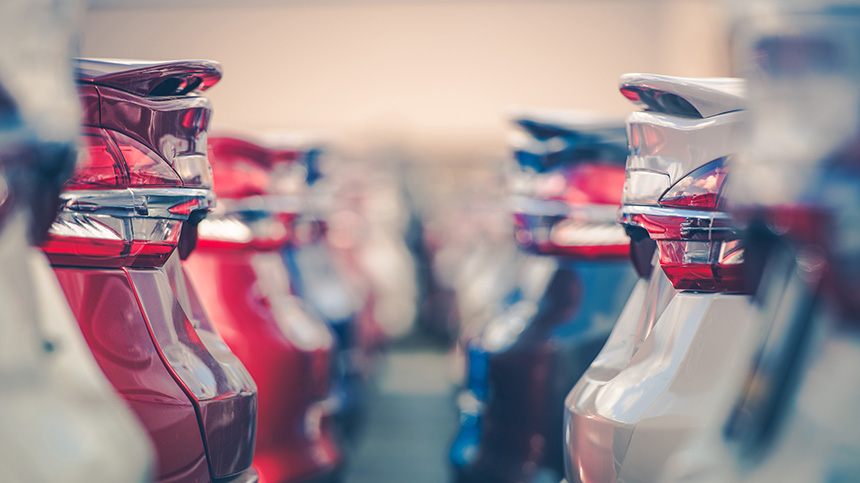ICE ban could cause further supply shortages

- 09/08/2023
- Posted by: Alan Feldberg
- Category: News
The proposed ban on the sale of petrol and diesel cars from 2030 and the ban on hybrids from 2035 could result in a shortage of internal combustion engine vehicles.
Simon Vessey, an automotive industry expert at management consultants Arthur D. Little, warned that the ban could result in manufacturers cutting back on production, resulting in a shortage of new models.
He said: “On one hand many commentators, newspapers and people within the automotive industry are pushing for a delay in the phasing out of ICE sales, given a perceived lack of charging infrastructure, while others point to the urgent need to push ahead towards achieving net zero goals. The government is currently refusing to contemplate any changes to its timelines.
“What has been lost is the manufacturer perspective on all this. As it stands from 2024 the UK government’s ZEV mandate will fine manufacturers £15,000 per unit they are “over” their allowed sales mix of ICE and battery electric vehicles (BEV). For example, a manufacturer that sells 100,000 units a year will need 22,000 of these to be BEVs in 2024. If only 21,000 are BEVs, they will be fined £15m.
“What has been forgotten or neglected is that manufacturers are international businesses, have finite production capacity, and choose which markets they supply vehicles to. Given that a fine of £15,000 per unit far exceeds the profit they make per vehicle, they are not going to be willing to pay these costs. Instead, if they cannot sell enough BEVs, they will simply divert ICE volume from the UK to markets where they can actually still make profits, to bring their overall BEV sales percentage up.
“The net result could well be fewer new ICE cars available in the UK in total, essentially due to artificially maintained supply shortages. This will lead to further price rises on new cars, and a corresponding knock-on effect on the price of used cars, hurting the motorist.”




